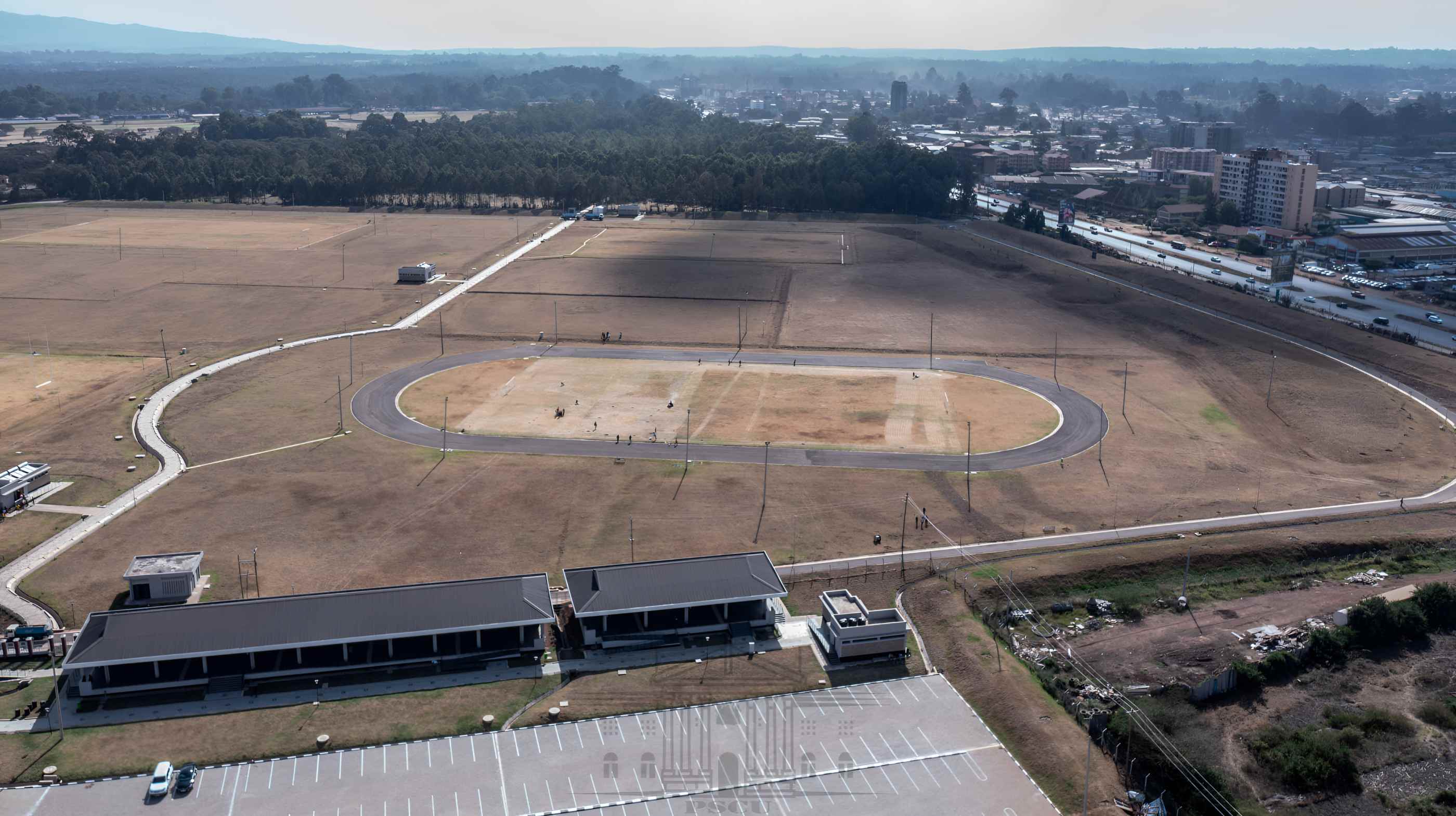A new parliamentary inquiry has exposed worrying details about how stadium construction projects in Kenya have been mismanaged, revealing billions of shillings were spent without following procurement laws.
The investigation has raised concerns about how contracts were awarded, budget limits exceeded, and project standards ignored, with little to no accountability from the State Department for Sports.
The National Assembly’s Public Investment Committee has flagged multiple instances where tenders for stadium development were handed out through direct procurement.
These deals were done without competitive bidding, which goes against the requirements of the Public Procurement and Asset Disposal Act, 2015.
The committee said this trend opens the door to possible misuse of public funds and weak oversight.
Among the projects questioned is the Jamhuri Posta Sports Ground in Nairobi.
According to the Auditor General, the State Department for Sports issued three contracts totalling Sh1.19 billion.
Two of these contracts, worth Sh581.3 million, were awarded using direct procurement methods that do not meet the law’s criteria.
"The use of the direct procurement method did not meet the provisions of Section 103(2) of the Public Procurement and Asset Disposal Act, 2015. Further, the cost of the two (2) contracts for additional works exceeded the engineer’s valuations of Sh150,000,000 and Sh374,273,915," said Auditor General Nancy Gathungu.
It was also noted that the additional works for the project exceeded the engineer’s estimates by Sh57 million.
During a site visit in September 2023, officials observed that the floodlights installed at the facility had not been connected to electricity.
The Auditor General stated that no reasons were given for the delay.
"This resulted in an increase of Sh25,000,000 and Sh32,087,272, respectively. This was contrary to the Public Procurement and Asset Disposal Regulations, 2020, which require an accounting officer to satisfy that the offer is at the prevailing real market price before use of direct procurement method," said the report.
The committee, chaired by Tindi Mwale, pressed the ministry on whether using open tendering would have interfered with the standardisation of stadium projects.
In response, Principal Secretary Elijah Mwangi defended the direct procurement approach, saying it was important for consistency and compatibility in ongoing works.
"The actual cost for the contracts was determined after physical field visits by an evaluation committee that was made up of technical officers who determined the magnitude and quantities of the additional work that was to be undertaken by the contractor," said the PS.
Mwangi also said the increased costs were partly due to changes in Value Added Tax, which rose from 14 to 16 percent during the project timelines.
The probe further looked into the construction of Wang’uru Stadium in Kirinyaga County, where the original contract awarded to Vee Vee Enterprises Limited was worth Sh310.5 million.
However, this later rose to Sh387 million—a 25% jump. Another contract for additional works, costing Sh309.4 million, was also handed out using direct procurement.
The committee found that the required approvals to support this method were missing.
Officials from the State Department argued that the additional work was necessary to complete the stadium in time for Mashujaa Day celebrations.
Still, lawmakers questioned the justification, pointing out that timelines cannot override legal procurement procedures.
In Kiambu County, similar concerns were raised about the construction of Kirigiti Stadium. The government awarded contracts worth Sh1.09 billion for the project.
The first contract was increased by Sh148.7 million, again, a 25% variation. A second contract for extra work was also issued through direct procurement.
The State Department explained that the contractor already on site had to be retained for continuity. But the committee questioned why the department failed to secure approval for the changes.
As of September 2023, the first phase of Kirigiti Stadium was complete, while the second phase was still pending.
In Kisumu, lawmakers visited the Jomo Kenyatta Show Ground Stadium, which was completed at a cost of Sh350 million in 2020. However, the contractor has not officially handed it over to the State Department for Sports.
Meanwhile, the Kisumu County government has taken control of the facility without any formal agreement. The inspection team found signs of vandalism and missing drainage covers.
The committee warned that the lack of ownership clarity could lead to major financial losses, since the government does not fully control a stadium it financed.
Chepalungu MP Victor Koech raised a critical concern, asking why most of the project budgets reviewed by the committee showed cost increases of exactly 25%, the maximum limit allowed by the Constitution.
He questioned whether these variations were genuine or merely adjusted to avoid breaching the law.
As pressure mounts on the State Department for Sports, the committee is calling for urgent action to address the loopholes and ensure all future sports infrastructure projects follow proper procurement procedures.
